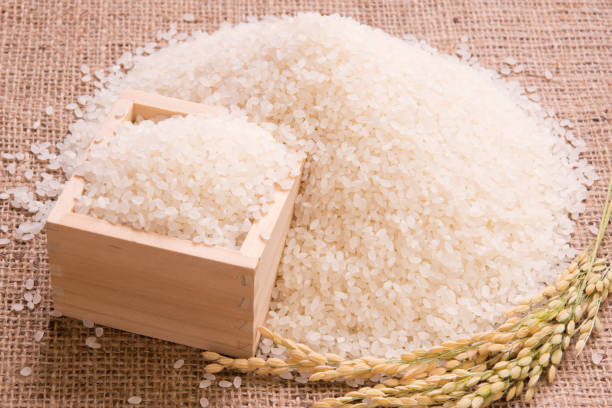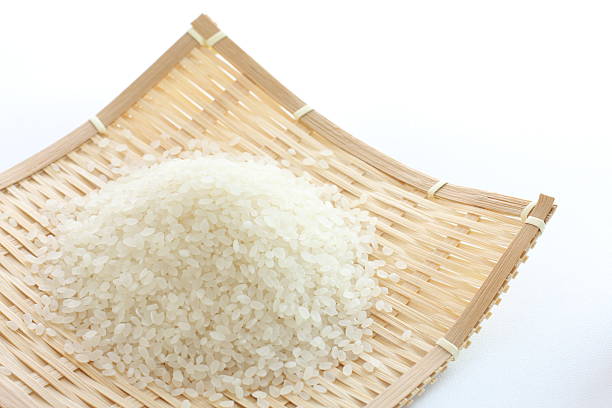Rice is a staple food for a large portion of the world’s population and is consumed daily by millions of people. It is a grain that is versatile, cheap, and easy to grow, making it a popular choice for people of all income levels. But what is the nutritional value of rice per 100g, and is rice per 100g healthy for you?
First, let’s take a look at the nutritional value of rice per 100g. There are several types of rice, including white rice, brown rice, and wild rice, and the nutritional value can vary depending on the type of rice.
White rice is the most commonly consumed type of rice and is also the type of rice that is most often used in comparisons of the nutritional value of different types of rice. White rice is a good source of energy and is rich in carbohydrates, with each 100g serving providing approximately 130 calories and 30g of carbohydrates. White rice is also a good source of vitamin B, including vitamin B1, vitamin B2, and vitamin B6, as well as some minerals, such as iron and zinc. However, white rice is not a significant source of protein, with each 100g serving only providing approximately 2g of protein.
Brown rice is another popular type of rice that is often considered to be a healthier option than white rice. Brown rice is less processed than white rice and has the outer layer of the grain, known as the bran, left intact. This gives brown rice a higher fiber content than white rice, with each 100g serving providing approximately 3g of fiber. Brown rice is also a good source of vitamins and minerals, including vitamin B, iron, and zinc. Brown rice is higher in protein than white rice, with each 100g serving providing approximately 4g of protein.
Wild rice is a type of rice that is native to North America and is not related to the Asian rice that is most commonly consumed. Wild rice is a good source of protein, with each 100g serving providing approximately 6g of protein. It is also a good source of fiber, with each 100g serving providing approximately 2g of fiber. Wild rice is rich in vitamins and minerals, including vitamin B, iron, and zinc.
Now that we have looked at the nutritional value of rice per 100g for different types of rice, the next question is whether rice per 100g is healthy for you. The answer to this question depends on several factors, including your overall diet and nutrition needs.
In general, rice can be a healthy part of your diet when consumed in moderation and as part of a balanced diet that includes a variety of other foods. White rice, while not as nutrient-dense as brown rice or wild rice, can still be a good source of energy and some essential vitamins and minerals.
However, it is important to note that some types of rice, such as white rice, are refined grains that have had the outer layer of the grain removed. This processing removes some of the nutrients that are found in the outer layer of the grain, such as fiber and some vitamins and minerals. Therefore, choosing unrefined grains, such as brown rice or wild rice, may be a healthier option as they are higher in nutrients and fiber.
In addition to the type of rice that you choose, it is also important to consider how you are preparing and consuming your rice. For example, adding vegetables, beans, or lean protein sources to your rice can increase the overall nutritional value of your meal. Alternatively, consuming rice that is fried or prepared with high-fat or high-sugar ingredients can significantly increase the calorie and nutrient content of your meal and may not be as healthy for you.

 Home
Home Health
Health Diet & Nutrition
Diet & Nutrition Living Well
Living Well More
More












